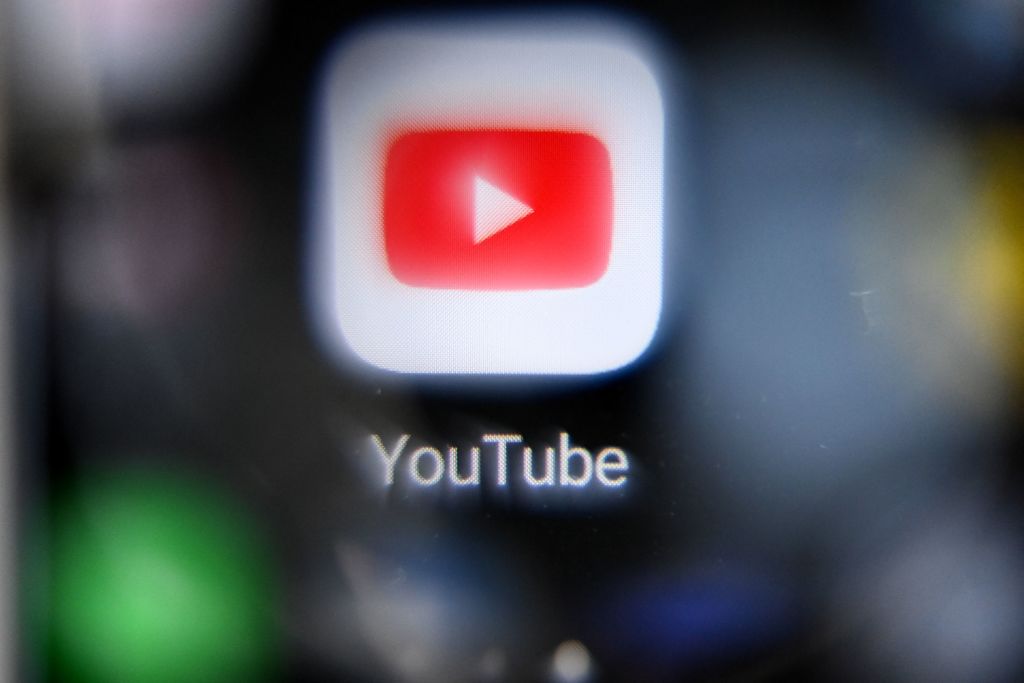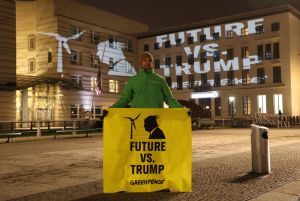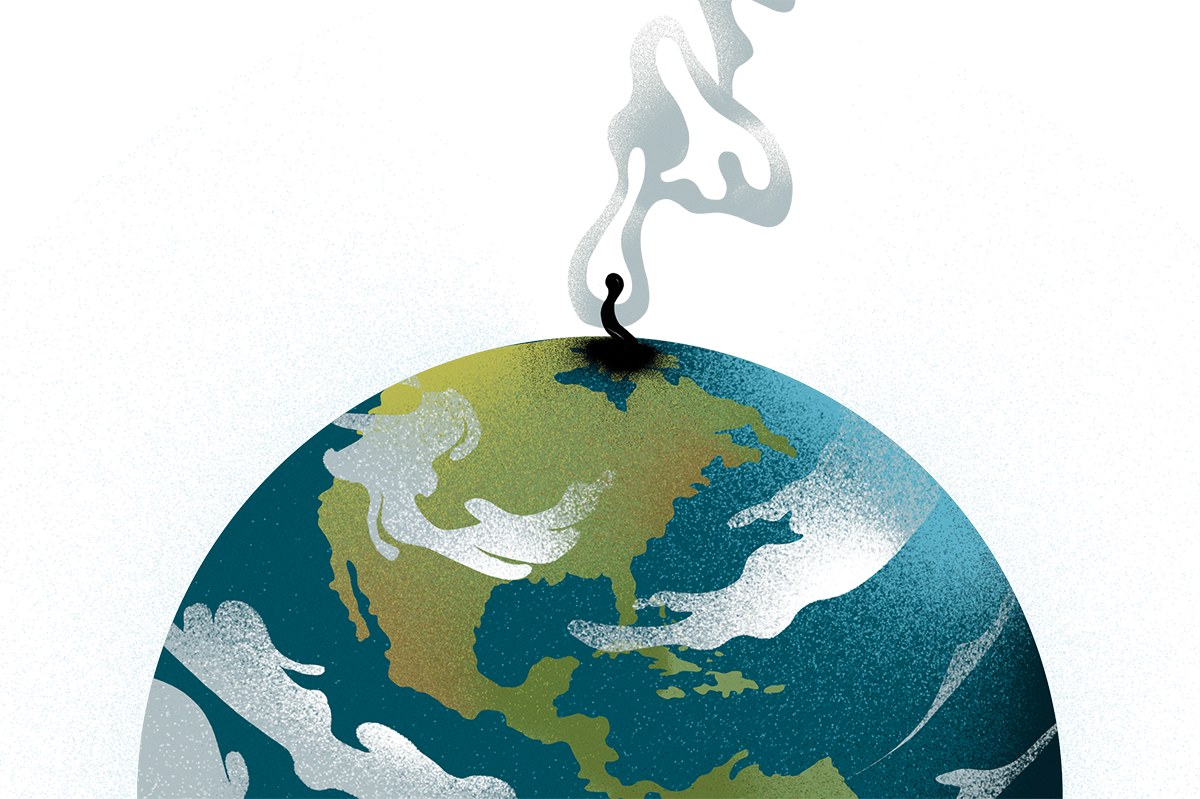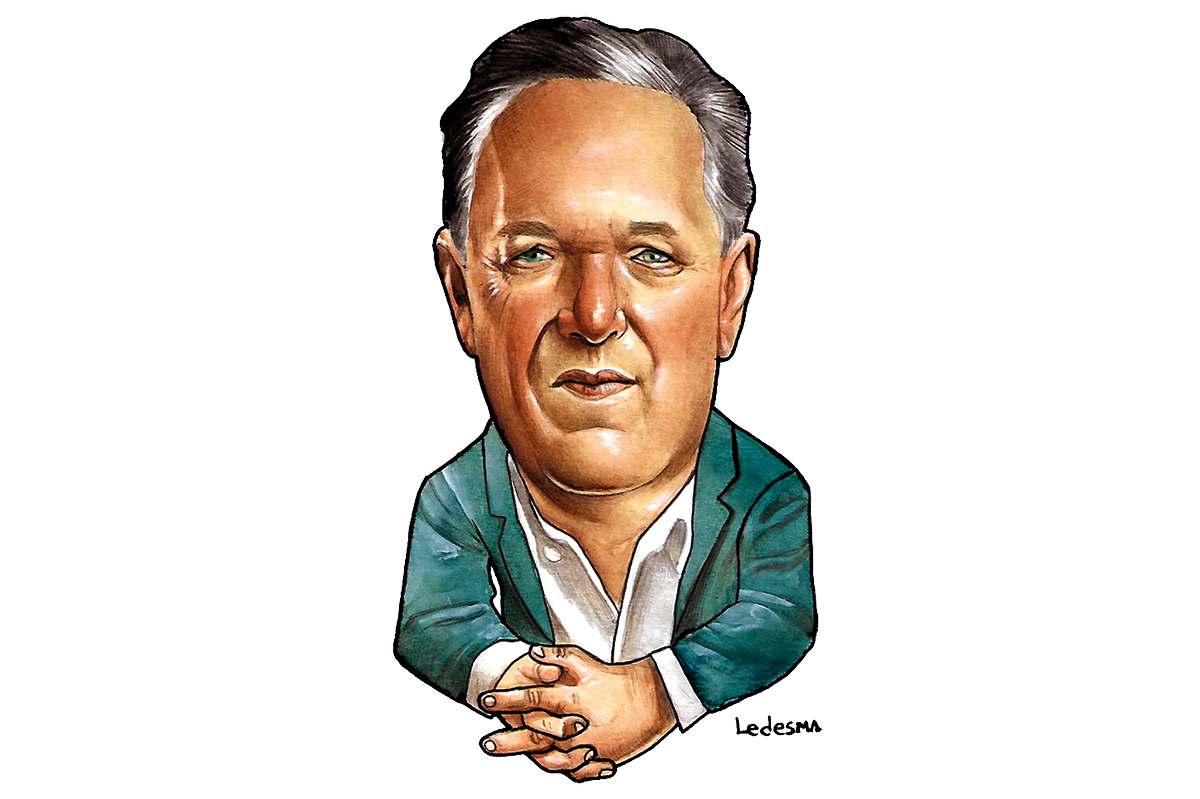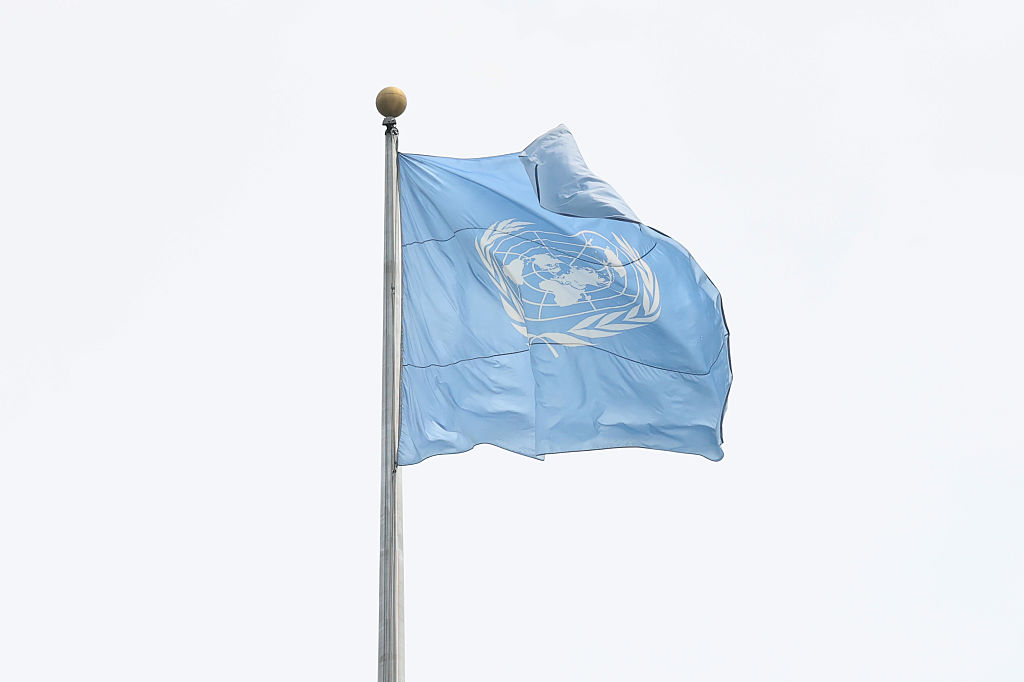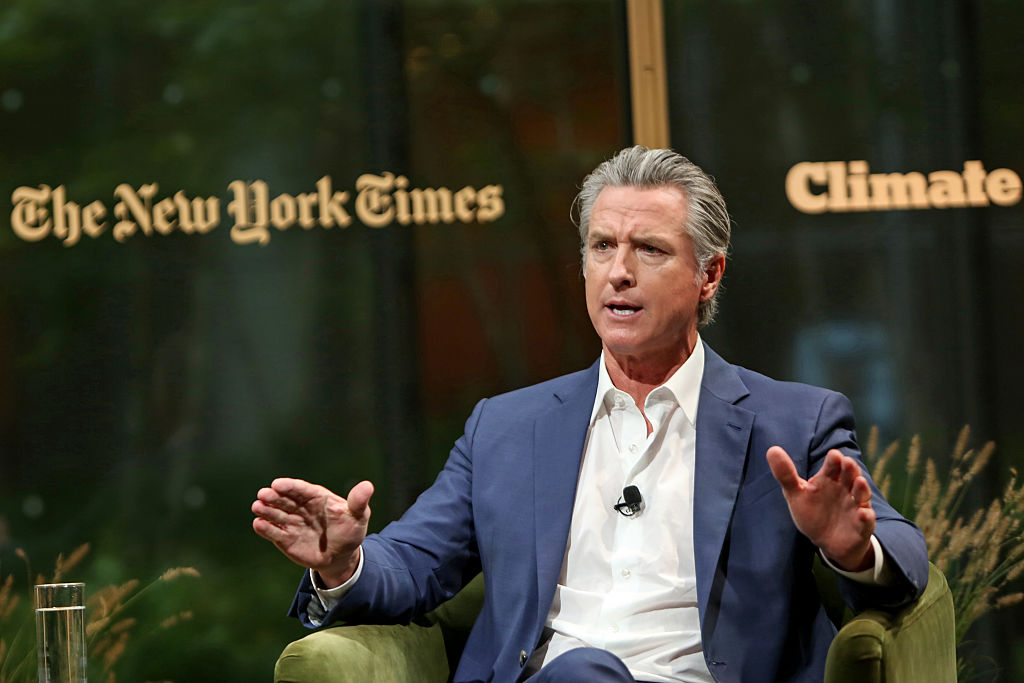‘The limits of my language mean the limits of my world.’ — Ludwig Wittgenstein, Tractatus Logico-Philosophicus, 1922
Wittgenstein wrote that as an ontological and epistemological foundation for his larger belief in freedom of speech. He who controls the language also controls reality, something that today’s left understands brilliantly, even devilishly. America historically has not limited freedom of thought and speech, and the resulting clash of ideas has improved our national discourse. The language police makes us weaker intellectually by limiting the world in which we live.
The language around climate change and the green movement is one more area the left wants to control, especially given that trillions of dollars in spending are on the line. Big Tech is now doing its part to protect the Green New Deal and radical green ideology from dissenting views.
Google and YouTube’s recent announcement that they now prohibit ‘climate deniers’ to monetize their platforms would have caused Wittgenstein to ask a clarifying question: what is a climate denier?
‘This includes content referring to climate change as a hoax or a scam,’ the announcement answers. And surely there is no hoax about the climate: data shows that since the 1880s the global temperature has risen one degree Fahrenheit. But what else can we measure? In that same period, the world population increased sevenfold and food production increased even more. Remarkably the number of people not living in extreme poverty increased at the same rate. The infant mortality rate decreased from 165 per 100,000 to 7. In 1880, more than 80 percent of the global population was illiterate. Today, that number is around 13 percent.
The question is: why? The answer is simple: fossil fuels. Inexpensive, abundant, reliable fossil fuels have turned 10,000 years of stagnant human existence into flourishing and prosperity. Illnesses that took the lives of kings and peasants alike are nearly eradicated thanks to medicine and refrigeration and electricity. All of this growth for one degree of temperature increase. That’s quite the bargain.
Without fossil fuels humanity would still be mired in misery and darkness. Do we really want to ban that miracle? Do we want to ‘keep it in the ground’ as the green movements cry? That’s a conversation we need to have.
The reader might argue that I’m wrong. My claims are just conjecture, he might say, and not based on science or data. Yet what if thousands of thinkers and philosophers agree with me? Is that enough to engage in this debate? It is thus curious that Google in its announcement calls denying the ‘scientific consensus around the existence and causes of climate change’ reason enough to get deplatformed. The evidence of the causes of climate change are far weaker than the evidence of fossil fuels causing the past 200 years of human flourishing, but neither is scientific fact. Could there be any intellectual framework less scientific than ‘consensus’?
This discussion now cannot take place on the platforms of the Big Tech thought police, and we are all worse for it.
Google also says that ‘claims denying that long-term trends show the global climate is warming’ will not be allowed. Who is making that claim? The data once again show that the earth’s temperature indeed warming, but Wittgenstein might ask for a clarification on ‘long-term’. One hundred years is not a very long time, not even for America which is one of the world’s youngest nations. If you look at the last 500 million years, the current trend still has us in a very cool period. The earth spent millions of years 30 to 40 degrees warmer than the current average temperature, and that doesn’t come close to covering the earth’s entire 4.5 billion years of age.
The question is: why? Why did the earth heat and cool so dramatically when there were no humans to cause the warming? After all, the tech language police tell of ‘unequivocal’ evidence showing that human emissions of greenhouse gases are causing global warming. Because Google cannot answer that question, they have shown they have no idea what the word ‘unequivocal’ means in philosophical or even philological discourse.
Darn. Now I’m the language police.
Stifling speech does not make us a better nation. It does not make any truths truer or any falsehoods falser. It does eliminate competing or unwanted ideas from the conversation, which is the real goal here.
The current administration is looking to spend nearly $5 trillion to combat ‘climate change’. Some are going to benefit immensely from that spending. Yet before we open up the nation’s wallet (who am I kidding, before we put the nation’s grandchildren further into debt), there are some larger questions we should be asking. Eliminating those questions from our national conversation doesn’t make the conversation stronger.
Those afraid of language are not looking for a better world. Wittgenstein understood that. Let’s hope America does, too, before the left and the big tech thought police determine the world they want us to live in.
Daniel Turner is the founder and executive director of Power The Future, a national nonprofit organization that advocates for American energy jobs.



